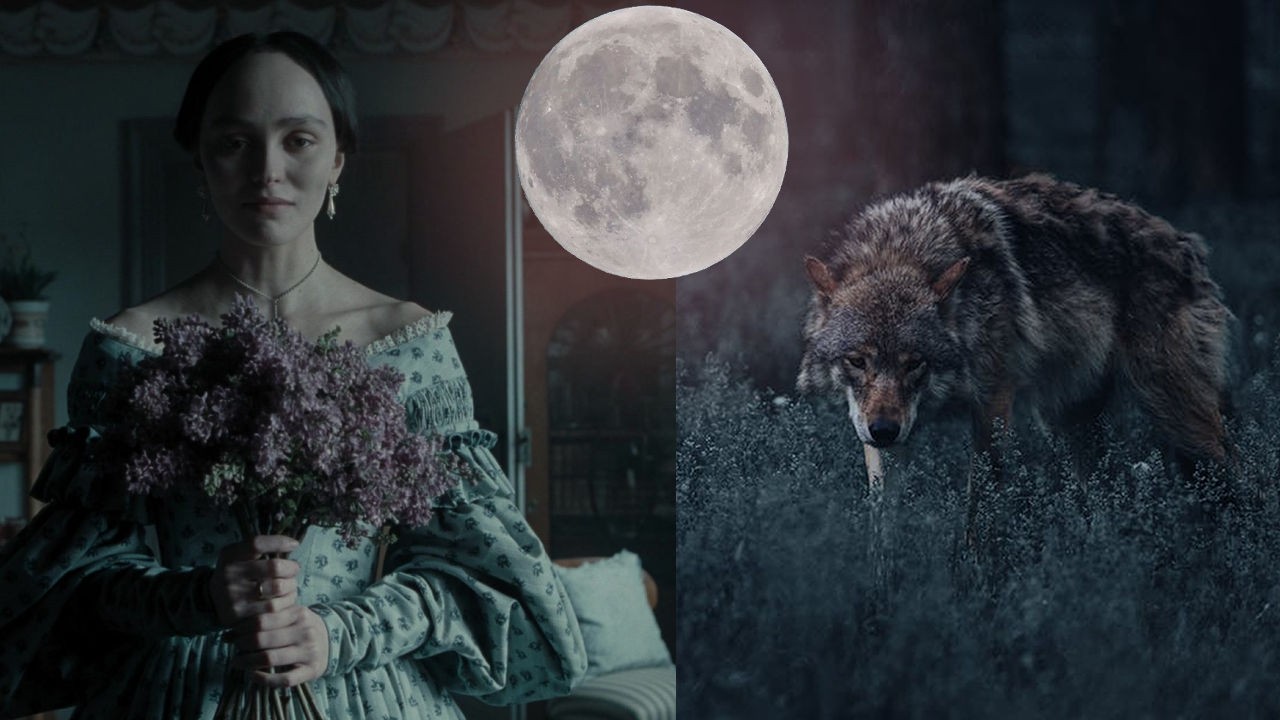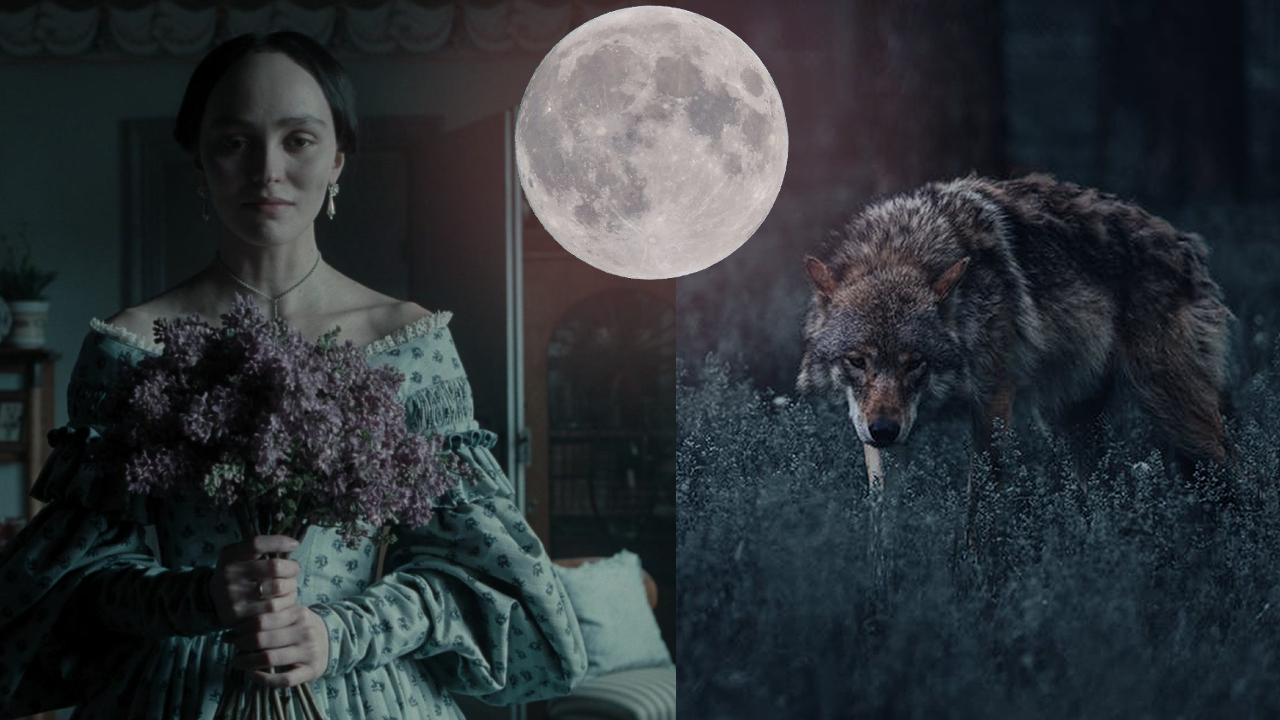Robert Eggers is ready to unleash a new kind of monster in his upcoming movie Werwulf.

Following the much anticipated release of Nosferatu, filmmaker Robert Eggers is wasting no time to give the moster genre a rest. His next project, titled Werwulf, is officially in development, and he may be bringing some familiar faces with him.
Vampires and werewolves have long been horror’s twin pillars, often paired, or pitted against each other in literature and pop culture. In that sense, Werwulf feels like a natural thematic successor to Nosferatu.
According to reports, Eggers is set to reunite with Nosferatu stars Lily-Rose Depp and Aaron Taylor-Johnson, who are both in talks to join the upcoming werewolf feature.
The film will also mark a return to Eggers’ creative partnership with Icelandic writer Sjón, who co-wrote The Northman.
While other casting details remain unconfirmed, the project is already shaping up to be one of Eggers’ most ambitious to date.
A Medieval Tale Told In Old English
Werwulf will reportedly be set in 13th-century England, with Eggers once again opting for historical immersion.
The title of the movie reflects this mindset: The word “werwulf” is the old English precursor to the modern term “werewolf.”
The movie will reportedly be shot entirely in Old English. To aid comprehension, annotations and translations will be included throughout the film.
What Kind Of Werewolf Are We Getting?
Eggers has long shown dislike for pop culture simplifications of folklore and often opts for close historical accuracy in his pieces.
Though plot details remain unknown, the choice of time period and language suggests that Eggers won’t be relying on the familiar Hollywood werewolf tropes like weakness to silver bullets and simple transformations on full moon nights.
Interestingly, if he were to stick to historical inspiration, he would have a lot of different inspiration to work with. The folklore around lycanthropy he could build upon is deeply inconsistent.
Across cultures, werewolf transformations have taken many forms. Some are involuntary curses. Others are pacts with the Devil, sealed by enchanted belts or salves. In some accounts, the transformation is not even physical. In these tales, the actual werewolf may be a double, a soul roaming in animal form while the body lies dormant.
The design of Eggers’ werewolf may also push against audience expectations (as seen similarly with Count Orloks depiction in Nosferatu). While many modern depictions lean into grotesque hybrids of man and beast, various folk traditions describe werewolves as nearly identical to ordinary wolves, except for telling signs like a lack of a tail, human eyes, or even speech.
Choosing the 13th century as a time-setting for the movie is an interesting choice for sure.
Most documented European werewolf traditions either predate the 1200s or come centuries later, during early modern witch trials, meaning Eggers isn’t adapting an existing tale as much as constructing a folkloric world that could plausibly have existed in the shadows of medieval England.
That gives him significant freedom. And knowing Eggers, he won’t waste it.
A Christmas Release And A Potential Shared Universe?
The release date for Werwulf has been set for Christmas Day in 2026, making it an unconventional choice for the holiday season.
While no official connection has been confirmed between Nosferatu and Werwulf, a deleted scene from the extended cut of Nosferatu has led to speculation.
In the scene, Count Orlok references the “Sfântul Andrei,” or the Feast of Saint Andrew, a night when, as he tells protagonist Thomas, “Devil's magic bids the wolf to speak with tongues of men.”
This may be a reference to Romanian folklore surrounding the Feast of Saint Andrew, when people invoke Saint Andrew to protect them from wolves. According to tradition, wolves roam freely on this night and can devour any creature they choose. It is believed the animals can speak in human tongues. Legend warns that those who hear a wolf speak are doomed to die.
Wolves that transform on a special night and have the ability to speak? Sounds a lot like typical depictions of the werewolf mythos.
So does this suggest a direct connection between the stories of Nosferatu and Werwulf? Possibly.
Or perhaps it’s simply a nod to the celebration’s folkloric origins without further meaning.
Whatever the case, Eggers’ fascination with ancient folklore as seen in his other movies promises a werewolf tale unlike any we've seen before.
Are you ready for Eggers take on the beloved horror trope or would you rather stick with Twilight on this one?
Let us know in the comments!


































